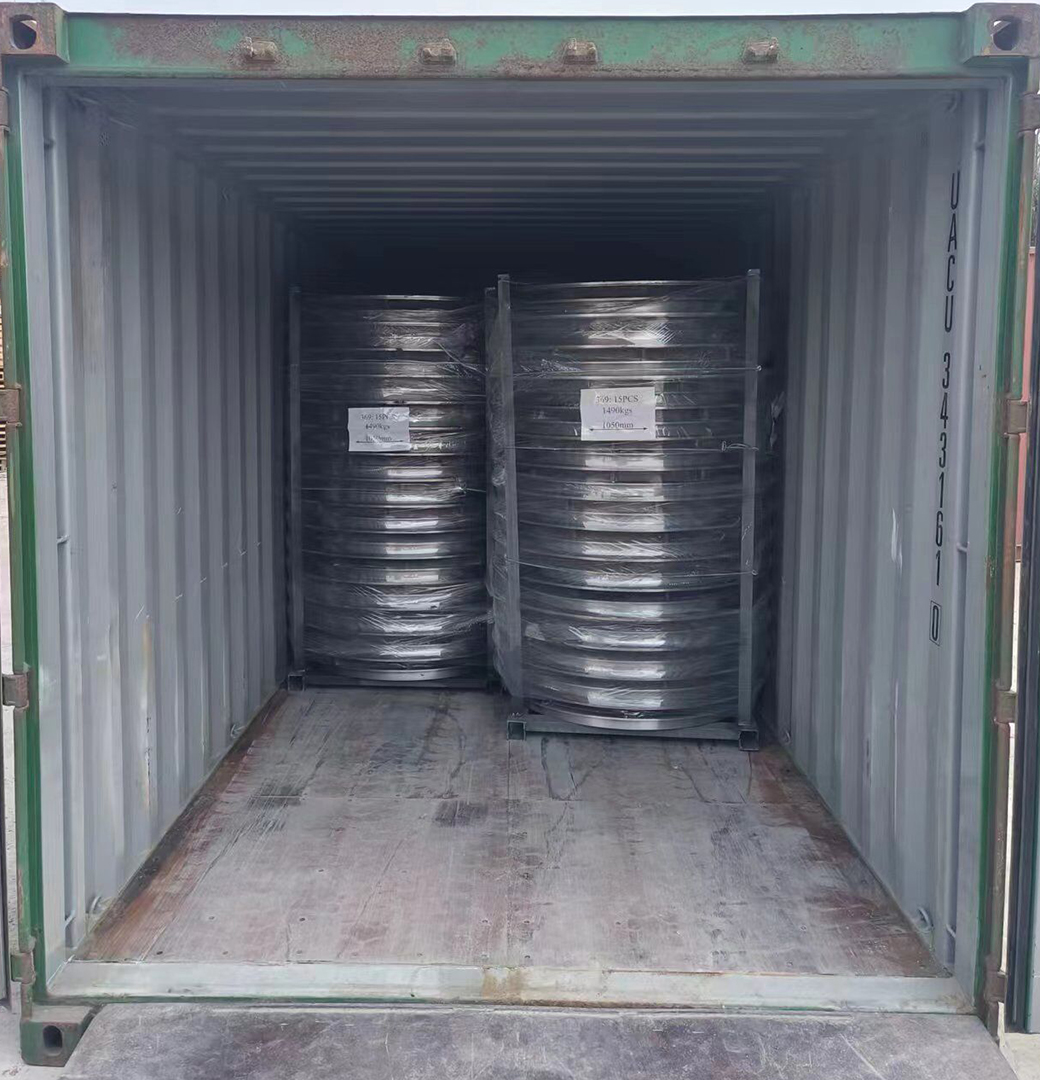- Afrikaans
- Albanian
- Amharic
- Arabic
- Armenian
- Azerbaijani
- Basque
- Belarusian
- Bengali
- Bosnian
- Bulgarian
- Catalan
- Cebuano
- China
- China (Taiwan)
- Corsican
- Croatian
- Czech
- Danish
- Dutch
- English
- Esperanto
- Estonian
- Finnish
- French
- Frisian
- Galician
- Georgian
- German
- Greek
- Gujarati
- Haitian Creole
- hausa
- hawaiian
- Hebrew
- Hindi
- Miao
- Hungarian
- Icelandic
- igbo
- Indonesian
- irish
- Italian
- Japanese
- Javanese
- Kannada
- kazakh
- Khmer
- Rwandese
- Korean
- Kurdish
- Kyrgyz
- Lao
- Latin
- Latvian
- Lithuanian
- Luxembourgish
- Macedonian
- Malgashi
- Malay
- Malayalam
- Maltese
- Maori
- Marathi
- Mongolian
- Myanmar
- Nepali
- Norwegian
- Norwegian
- Occitan
- Pashto
- Persian
- Polish
- Portuguese
- Punjabi
- Romanian
- Russian
- Samoan
- Scottish Gaelic
- Serbian
- Sesotho
- Shona
- Sindhi
- Sinhala
- Slovak
- Slovenian
- Somali
- Spanish
- Sundanese
- Swahili
- Swedish
- Tagalog
- Tajik
- Tamil
- Tatar
- Telugu
- Thai
- Turkish
- Turkmen
- Ukrainian
- Urdu
- Uighur
- Uzbek
- Vietnamese
- Welsh
- Bantu
- Yiddish
- Yoruba
- Zulu
Dec . 06, 2024 01:31 Back to list
casting aluminum alloy
Casting Aluminum Alloys A Comprehensive Overview
Aluminum casting alloys play a crucial role in various industrial applications due to their excellent mechanical properties, lightweight nature, and corrosion resistance. The casting process allows for the creation of complex shapes and structures, making aluminum a preferred material in numerous industries, including automotive, aerospace, marine, and construction. This article will delve into the different types of aluminum casting alloys, their properties, applications, and the casting processes used to manufacture them.
Types of Aluminum Casting Alloys
Aluminum casting alloys are categorized into two main groups based on their primary alloying elements
1. Silicon-Based Alloys These alloys contain a significant amount of silicon, typically ranging from 5% to 13%. The most common silicon-based casting alloys are the A356 and A380 alloys. Silicon enhances fluidity, reduces shrinkage during solidification, and improves wear resistance. These alloys are often used in die casting applications.
2. Copper-Based Alloys Copper is another common alloying element in aluminum castings, often added to enhance strength and hardness. Alloys such as A201 and A206 are examples that contain copper. While copper improves certain mechanical properties, it can also reduce corrosion resistance, making these alloys suitable for applications that require high strength but may not face harsh environmental conditions.
Mechanical Properties
Aluminum casting alloys exhibit a unique combination of mechanical properties that make them ideal for various applications. These properties include
- Lightweight Aluminum is approximately one-third the weight of steel, which allows for the reduction of overall product weight without sacrificing strength. This quality is particularly important in transportation industries where fuel efficiency and payload capacity are critical.
- Corrosion Resistance Aluminum naturally forms a thin oxide layer that protects it from corrosion, making it suitable for both indoor and outdoor applications, including marine environments.
- High Strength-to-Weight Ratio Aluminum alloys can achieve high strength levels while maintaining a low weight, allowing for more efficient designs in structural applications.
- Excellent Machinability Many aluminum casting alloys can be easily machined, allowing for precision engineering and complex parts production.
casting aluminum alloy

Casting Processes
The manufacturing of aluminum castings involves several casting processes tailored to specific application requirements. The most common methods include
1. Die Casting This process involves forcing molten aluminum into a mold under high pressure, resulting in high accuracy and smooth surface finishes. Die casting is widely used for producing high-volume components such as engine blocks and housings.
2. Sand Casting A more versatile and cost-effective process, sand casting uses sand molds to create larger and more intricate parts. While the surface finish is not as smooth as die casting, it is suitable for a wide range of applications, from artistic pieces to heavy engineering parts.
3. Investment Casting Known for producing highly detailed and complex shapes, investment casting involves creating a wax model that is coated in a ceramic shell. Once the shell is heated, the wax is melted away, and molten aluminum is poured into the cavity. This process is commonly used for applications requiring tight tolerances and high-quality surfaces.
Applications
Aluminum casting alloys find applications across diverse sectors
- Automotive Industry Components such as cylinder heads, transmission housings, and wheels benefit from aluminum's lightweight and high-strength properties, contributing to fuel efficiency and performance.
- Aerospace Aircraft components often utilize aluminum casting alloys for their exceptional strength-to-weight ratio, ensuring both resilience and reduced weight in flight.
- Marine Applications Aluminum's corrosion resistance makes it ideal for boat hulls, propellers, and other marine components subjected to harsh environments.
- Consumer Goods Everyday items like cookware, electronics housings, and decorative fixtures are often made from aluminum castings, incorporating both functionality and aesthetic appeal.
In conclusion, casting aluminum alloys are essential materials in modern engineering and manufacturing. Their unique properties, coupled with versatile casting processes, allow for the production of high-performance components across various industries. As technology advances, the applications and methodologies around aluminum casting will continue to evolve, driving innovation and efficiency in material use. With sustainable practices becoming increasingly important, the lightweight nature and recyclability of aluminum further enhance its appeal as a material of choice in the quest for more sustainable manufacturing solutions.
-
8mm Thin-Walled Cast Steel Manhole Cover Pallet Bottom Ring | Durable
NewsAug.04,2025
-
Premium Cast Iron Water Main Pipe: Durable, Corrosion-Resistant
NewsAug.03,2025
-
Durable Cast Iron Water Mains | AI-Optimized Systems
NewsAug.02,2025
-
High-Efficiency Propane Boiler for Baseboard Heat | Save Energy
NewsAug.01,2025
-
Premium Source Suppliers for Various Gray Iron Castings
NewsJul.31,2025
-
Durable Cast Iron Water Main Pipes | Long-Lasting
NewsJul.31,2025


